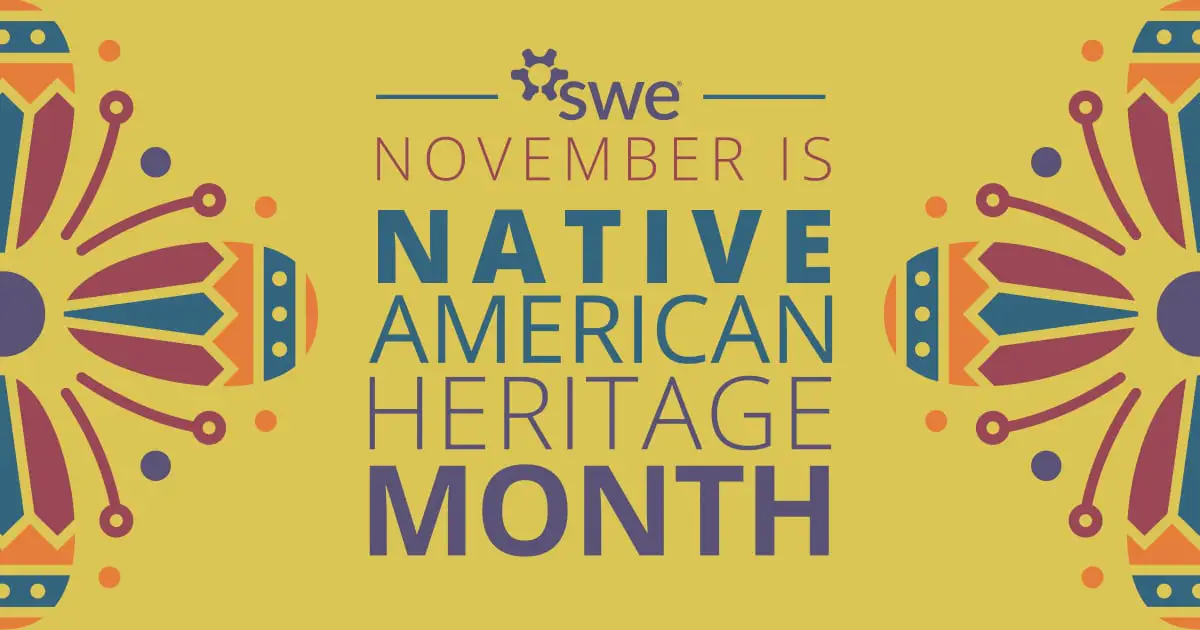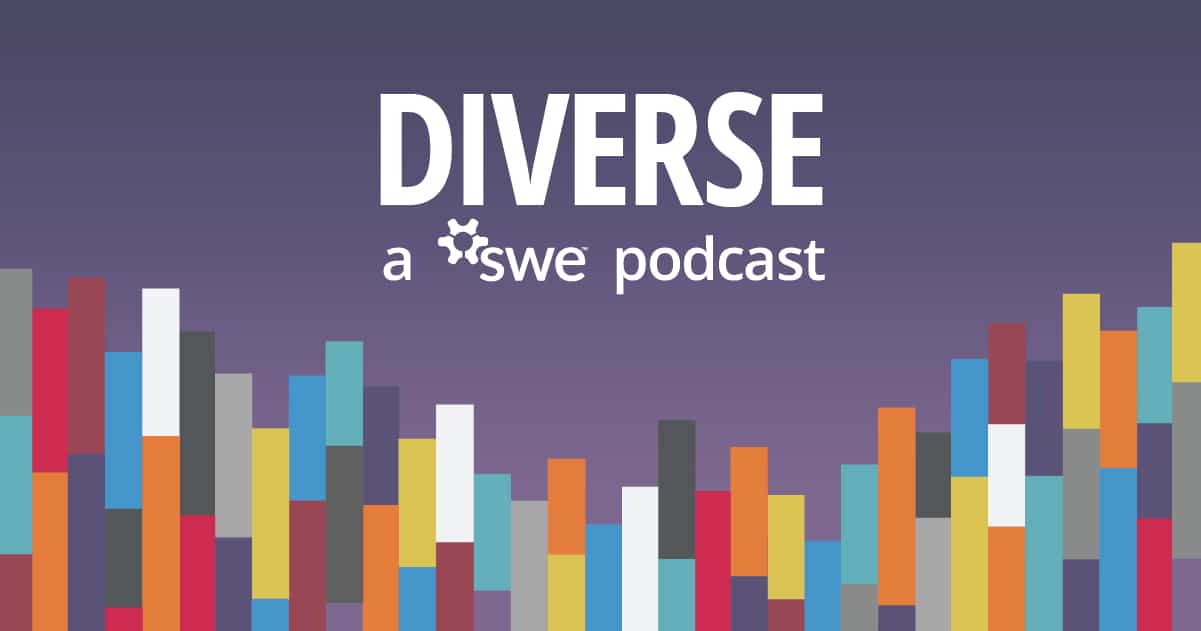Posted by EditorDavid from the I’m-feeling-lucky dept.
“Google essentially disappeared us from the internet,” says the couple who created price-comparison site Foundem in 2006. Google’s search results for “price comparison” and “comparison shopping” buried their site — for more than three years.
Today the BBC looks at their 15-year legal battle, which culminated with a then record €2.4 billion fine (£2 billion or $2.6 billion) for Google, which was deemed to have abused its market dominance. The case has been hailed as a landmark moment in the global regulation of Big Tech. Google spent seven years fighting that verdict, issued in June 2017, but in September this year Europe’s top court — the European Court of Justice — rejected its appeals.
Speaking to Radio 4’s The Bottom Line in their first interview since that final verdict, Shivaun and Adam explained that at first, they thought their website’s faltering start had simply been a mistake. “We initially thought this was collateral damage, that we had been false positive detected as spam,” says Shivaun, 55. “We just assumed we had to escalate to the right place and it would be overturned….” The couple sent Google numerous requests to have the restriction lifted but, more than two years later, nothing had changed and they said they received no response. Meanwhile, their website was “ranking completely normally” on other search engines, but that didn’t really matter, according to Shivaun, as “everyone’s using Google”.
The couple would later discover that their site was not the only one to have been put at a disadvantage by Google — by the time the tech giant was found guilty and fined in 2017 there were around 20 claimants, including Kelkoo, Trivago and Yelp… In its 2017 judgement, the European Commission found that Google had illegally promoted its own comparison shopping service in search results, whilst demoting those of competitors… “I guess it was unfortunate for Google that they did it to us,” Shivaun says. “We’ve both been brought up maybe under the delusion that we can make a difference, and we really don’t like bullies.”
Even Google’s final defeat in the case last month did not spell the end for the couple. They believe Google’s conduct remains anti-competitive and the EC is looking into it. In March this year, under its new Digital Markets Act, the commission opened an investigation into Google’s parent company, Alphabet, over whether it continues to preference its own goods and services in search results… The Raffs are also pursuing a civil damages claim against Google, which is due to begin in the first half of 2026. But when, or if, a final victory comes for the couple it will likely be a Pyrrhic one — they were forced to close Foundem in 2016.
A spokesperson for Google told the BBC the 2024 judgment from the European Court of Justice only relates to “how we showed product results from 2008-2017. The changes we made in 2017 to comply with the European Commission’s Shopping decision have worked successfully for more than seven years, generating billions of clicks for more than 800 comparison shopping services.
“For this reason, we continue to strongly contest the claims made by Foundem and will do so when the case is considered by the courts.”
There are two kinds of egotists: 1) Those who admit it 2) The rest of us
Working…







